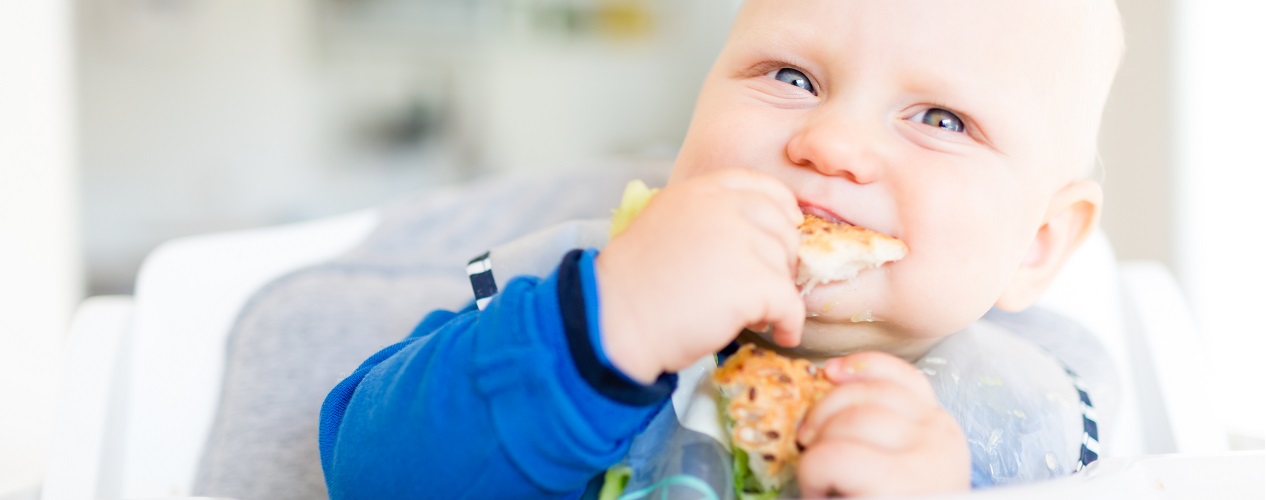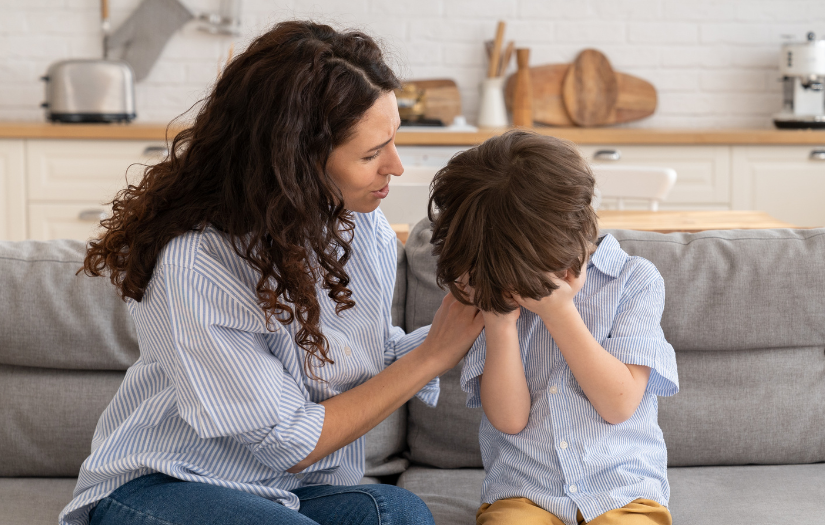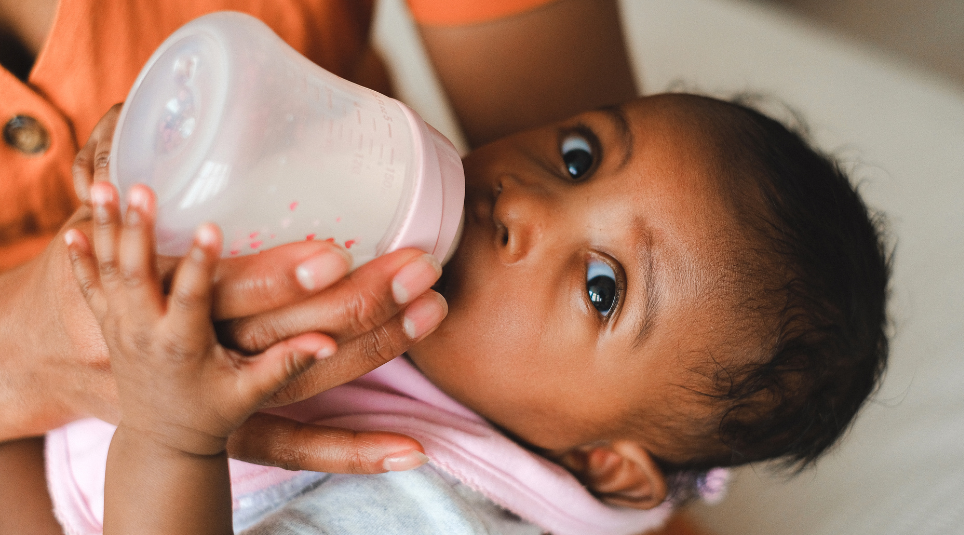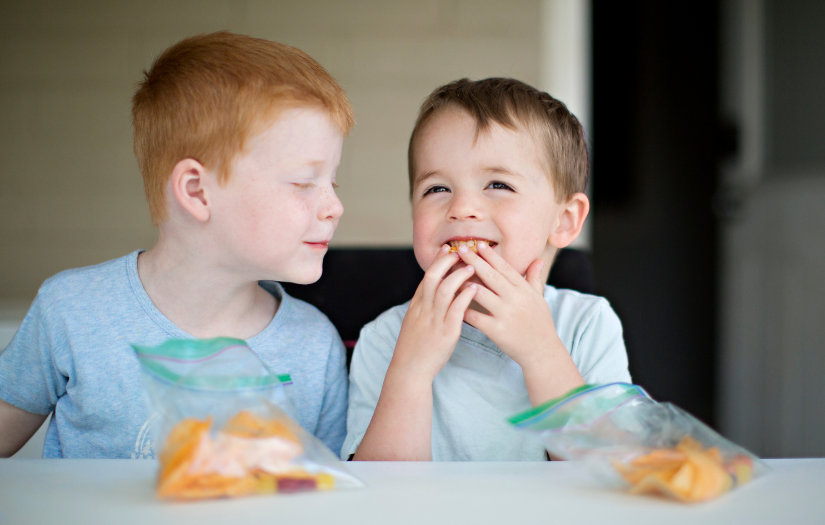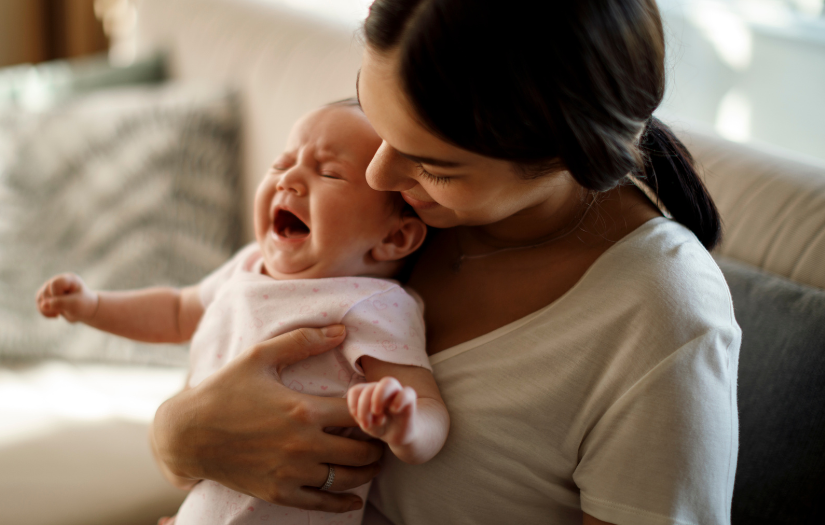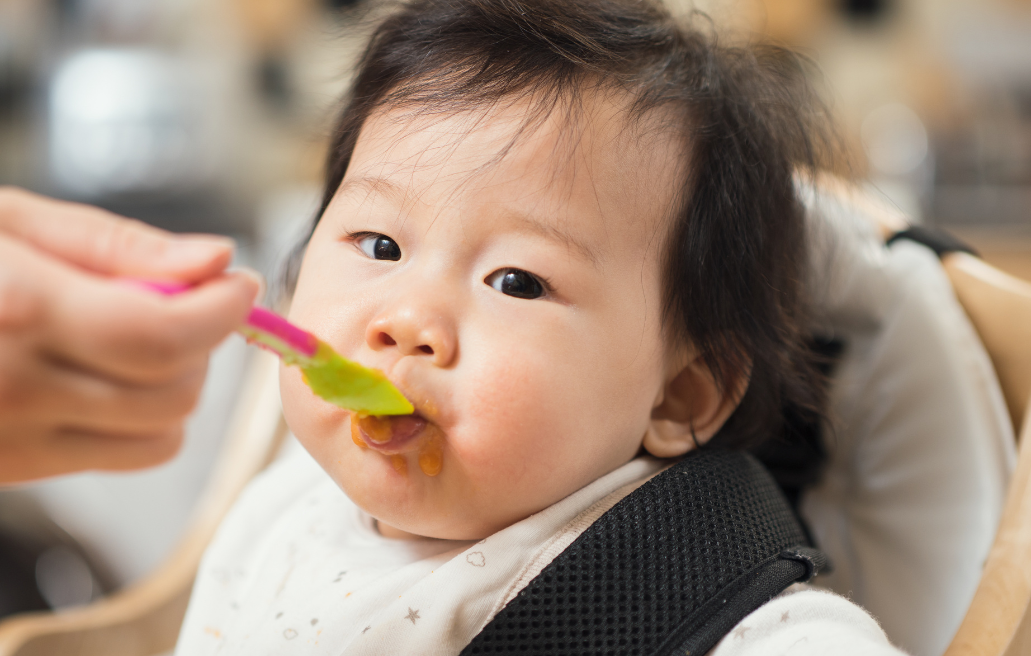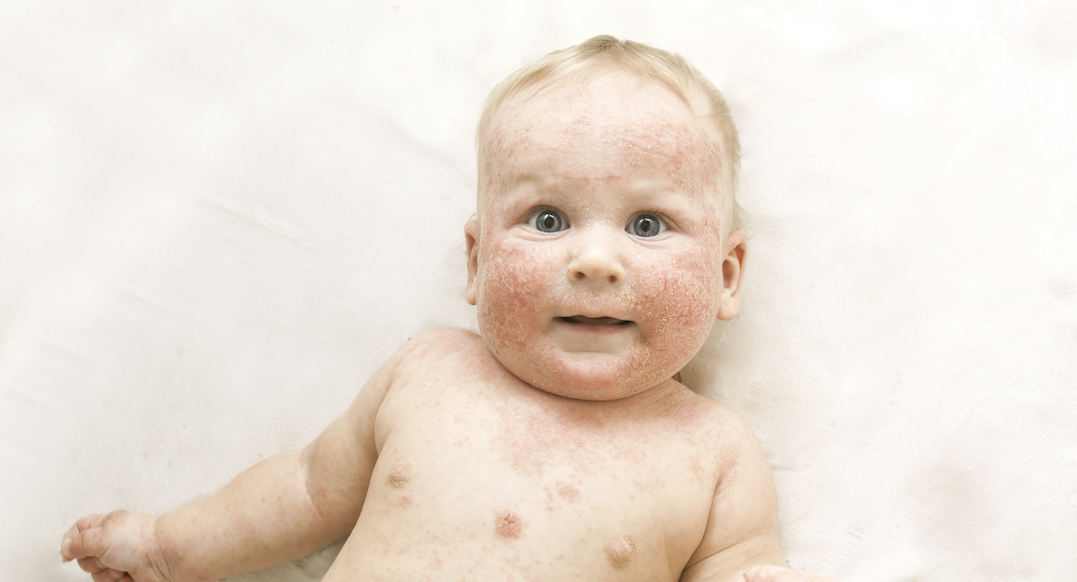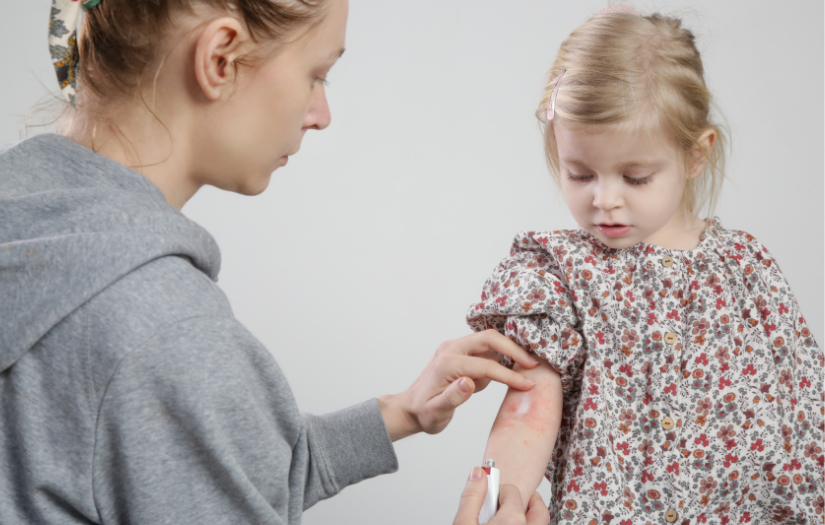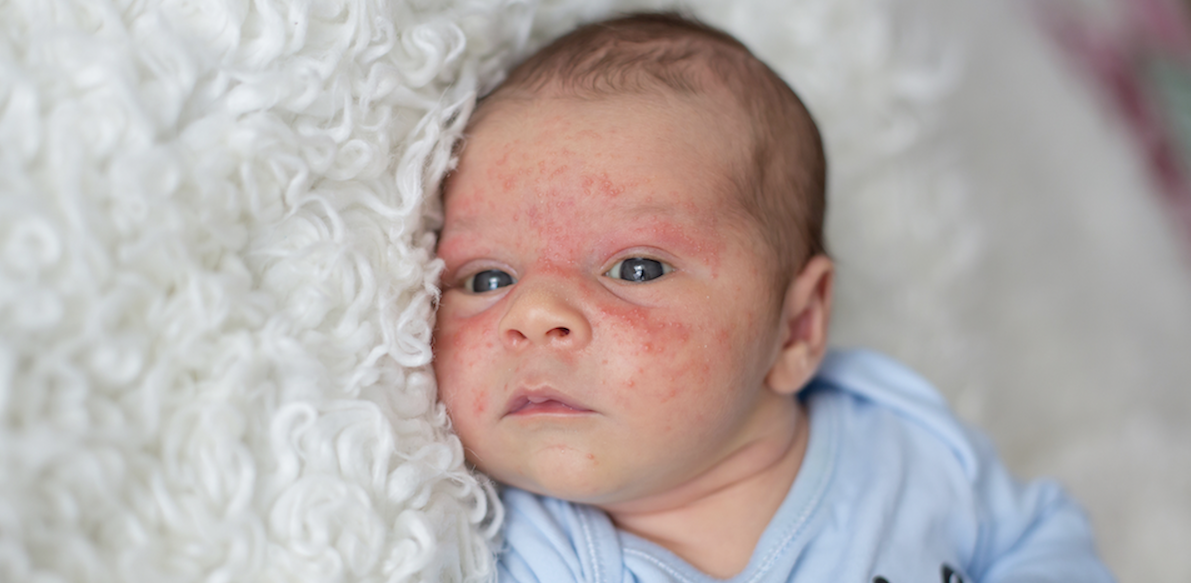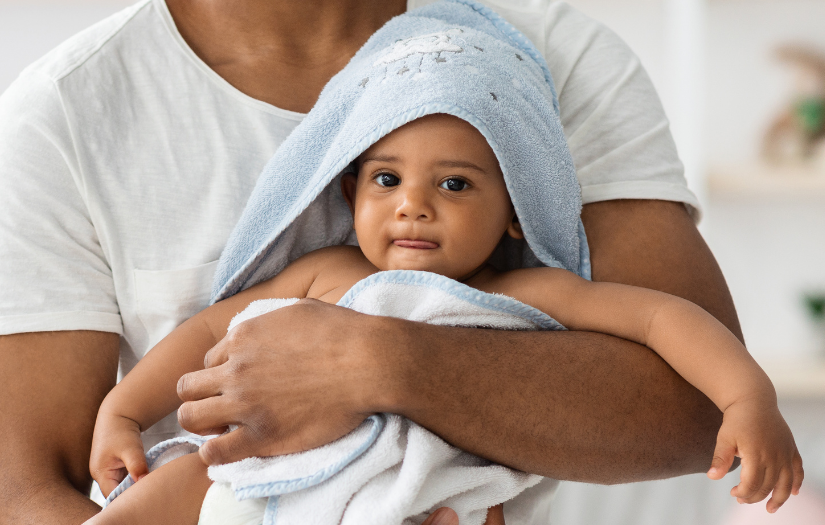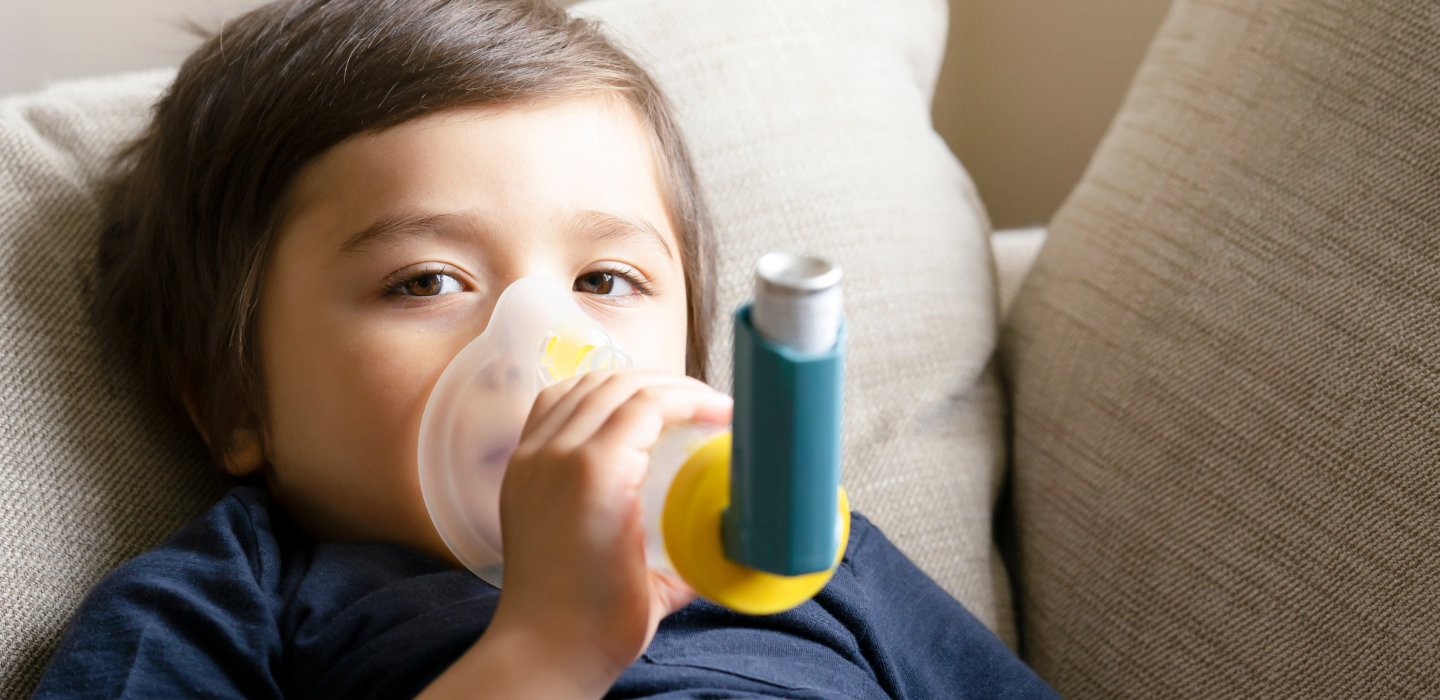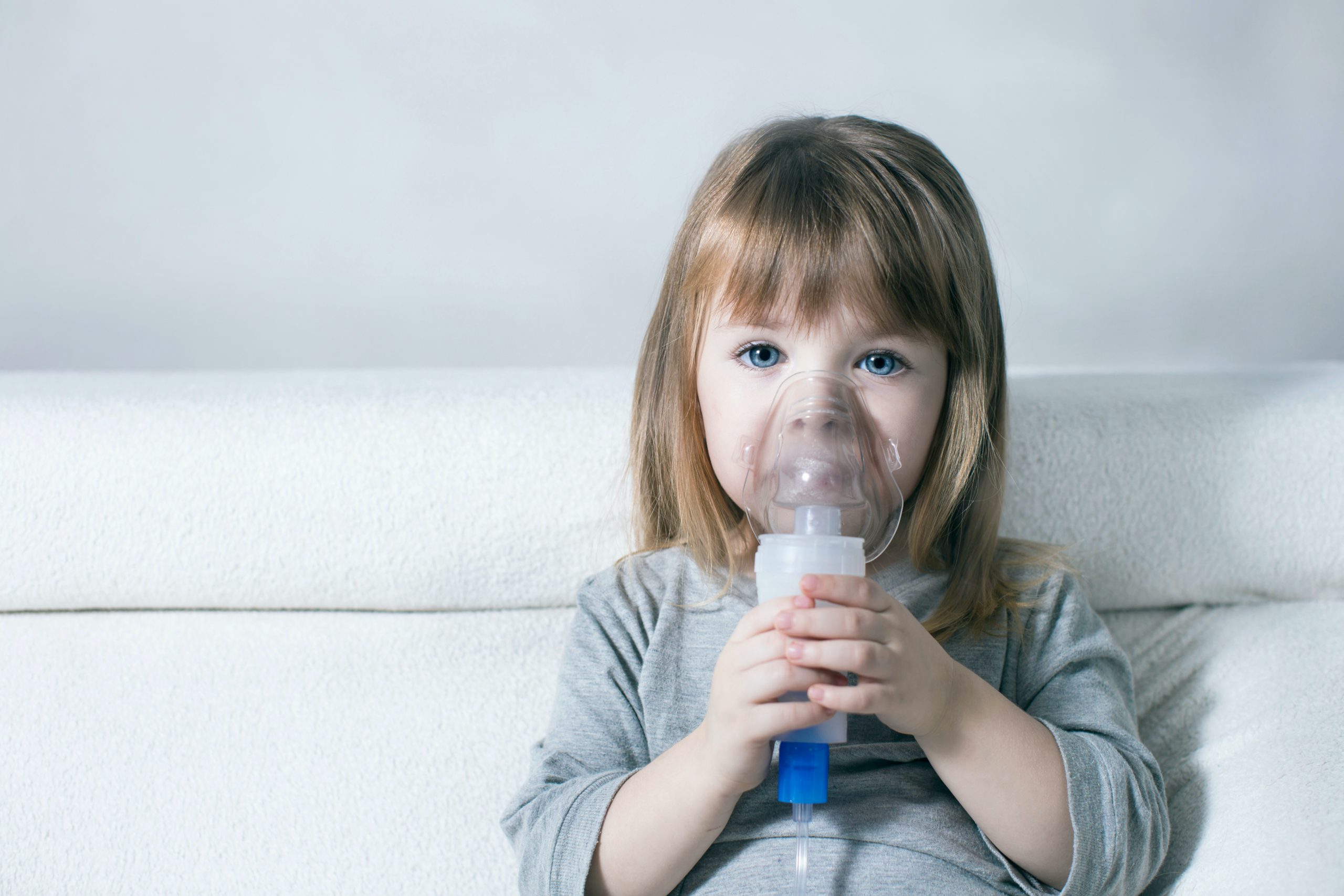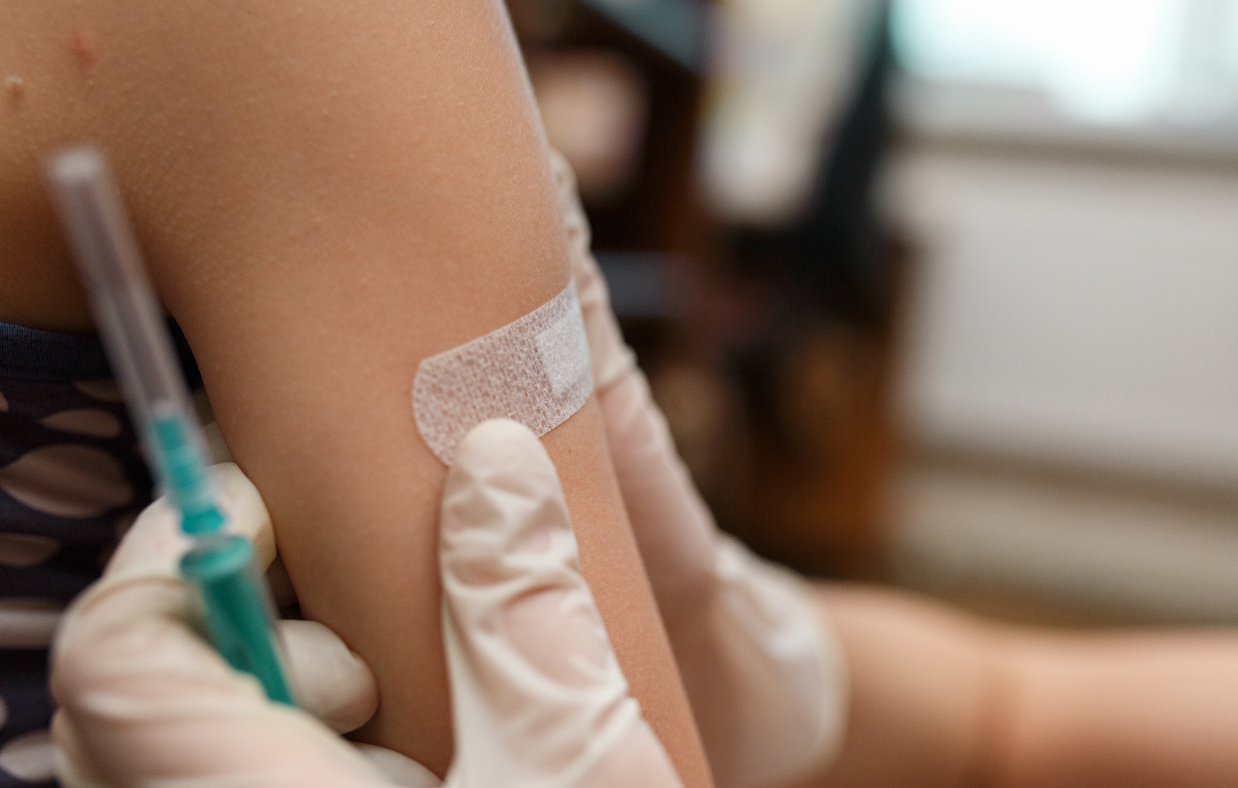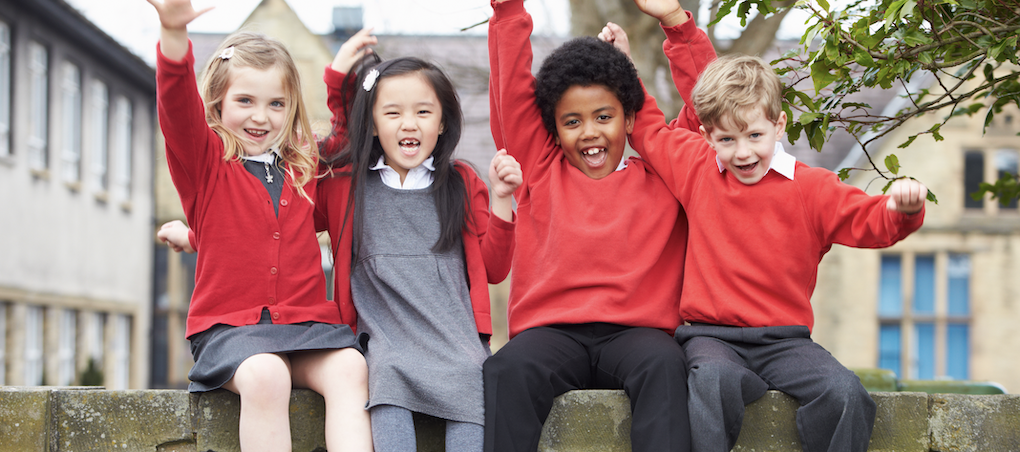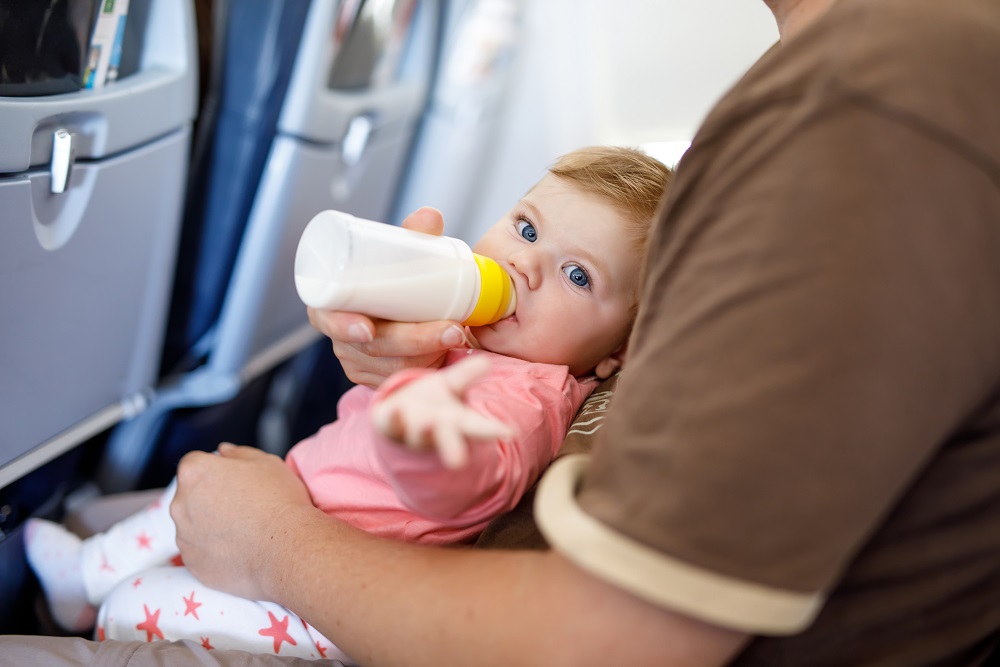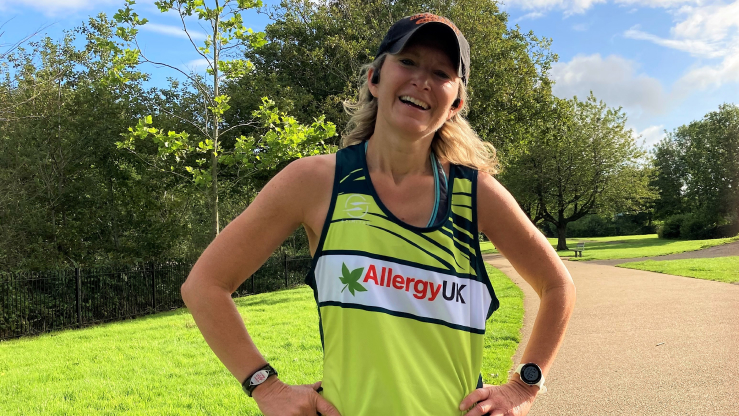Anxiety in children with allergies
Children with allergies often experience heightened levels of anxiety due to the constant vigilance required to avoid potential triggers. The fear of an allergic reaction, the need to carry medication, and the social implications of being “different” can all contribute to increased stress and worry.
Allergy can affect the wellbeing of children in many different ways, including:
- Anxiety around a potential allergic reaction
- Fear of using adrenaline auto-injectors
- Negative relationships with food including food aversions and refusal
- Sleep deprivation due to allergy symptoms, affecting mood and concentration at school
- Visible symptoms such as eczema and hives causing low self-esteem
- Isolation around social events such as birthday parties and eating out at restaurants.
Connect with other parents, caregivers, and individuals who understand the unique challenges of raising a child with allergies and anxiety. Share your experiences, ask questions, and find solace in a supportive community that genuinely cares.
Anxiety can manifest in various behavioural changes. Look out for signs such as increased irritability, restlessness, changes in sleep patterns, or difficulty concentrating. Our guide below provides insights into these behavioural cues and their potential connection to allergies.

 Helpline
Helpline